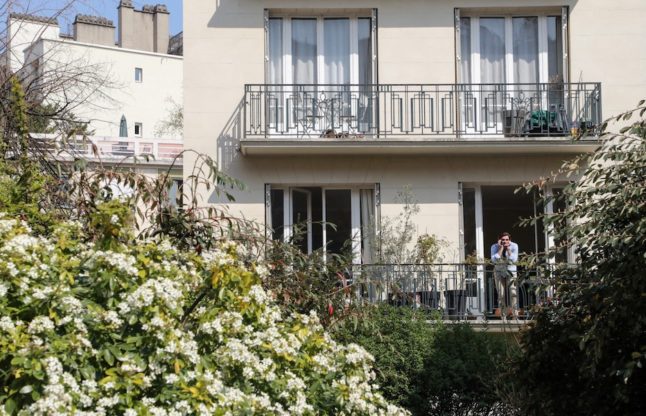As a student, some cities are more attractive than others. Each year QS rankings assess 140 cities around the world based on what they have to offer students in terms of their affordability, quality of life, the opinions of former students who studied there, as well as general desirability, employer activity, and how many students live there.
This year, for the 2023 ranking, five French cities – Paris, Lyon, Toulouse, and Montpellier – made the list, with Paris making the top 10.
Paris, Lyon and Toulouse have been listed in the ‘best cities’ ranking for several years, but this will be the first year for Montpellier. In order to be included, the population must be a minimum of 250,000 people and the city must be home to at least two universities that have been listed in the QS World University Rankings.
READ ALSO 8 ways to save money as a student in France
This year, France’s cities have moved up in the list. Across the board, two factors improved: “student mix” and desirability. The former measures what proportion of the city is made up of students, as well as the diversity of students and the inclusivity of the city and country for students, while the latter measures general questions like safety, pollution, and how appealing the city is to respondents.
On the other hand, affordability and “student voice” – the rating students gave the city’s friendliness, sustainability, diversity, etc, as well as how many students continue to live there after graduation – went down this year. However, affordability has decreased across the board in student cities around the world.
France’s cities
Paris – The French capital came in 8th place worldwide and remains an extremely attractive destination for potential students. Paris is home to nine institutions ranked on the QS World University Rankings, and scored well with employment prospects.
The city came in seventh place for “employer activity” this year. The ranking said this is due to Paris graduates being “highly respected by employers” and that “there are lots of international firms based in the city’s business district which frequently hire skilled graduates.” In the student survey, the prospect of being surrounded by “beautiful monuments, history and culture” was appealing, as well as Paris’ nightlife.
READ ALSO These are the culture shocks you will experience as a foreign student in Paris
Lyon – The gastronomy centre of France ranked 45th in the world, scoring well in terms of “student mix” and affordability. Lyon was credited for low tuition fees for international students. In surveys, students reported enjoying the ‘diversity of students from across the world’ in Lyon.
Toulouse – La ville rose in France’s south west moved up eight places in the ranking this year. Making it into the top 100, Toulouse came out at 78th. Toulouse was praised for its cost of living, as the city offers significantly lower average costs for rent – for example, a one bedroom apartment in the city centre an average of €712 per month, compared to €1,410 in Paris.
Montpellier – This year was Montpellier’s debut on the list, ranking 199th. The city performed well for its first year, especially in terms of affordability – ranking 35th.
What about the non-French cities?
An overall trend is that cities are becoming less affordable for students.
In terms of rankings, London, held onto its first place spot, which it has had for the past four years, while Seoul and Munich tied for second place. The other European cities to make the top 10 list were Zurich (4th) and Berlin (6th).



 Please whitelist us to continue reading.
Please whitelist us to continue reading.
Member comments